Roman Yangarber (auth.), Maria Teresa Pazienza (eds.)3540405798, 9783540405795
The number of research topics covered in recent approaches to Information – traction (IE) is continually growing as new facts are being considered. In fact, while the user’s interest in extracting information from texts deals mainly with the success of the entire process of locating, in document collections, facts of interest, the process itself is dependent on several constraints (e.g. the domain, the collection dimension and location, and the document type) and currently it tackles composite scenarios, including free texts, semi- and structured texts such as Web pages, e-mails, etc. The handling of all these factors is tightly related to the continued evolution of the underlying technologies. In the last few years, in real-world applications we have seen the need for scalable,adaptableIEsystems(seeM.T.Pazienza,“InformationExtraction:- wards Scalable Adaptable Systems”, LNAI 1714) to limit the need for human interventioninthecustomizationprocessandportabilityoftheIEapplicationto new domains. Scalability and adaptability requirements are still valid impacting featuresandgetmorerelevanceintoaWebscenario,whereinintelligentinfor- tionagentsareexpectedtoautomaticallygatherinformationfromheterogeneous sources. |
Table of contents :
Front Matter….Pages –
Acquisition of Domain Knowledge….Pages 1-28
Terminology Mining….Pages 29-44
Measuring Term Representativeness….Pages 45-76
Finite-State Approaches to Web Information Extraction….Pages 77-91
Agents Based Ontological Mediation in IE Systems….Pages 92-128
On the Role of Information Retrieval and Information Extraction in Question Answering Systems….Pages 129-147
Natural Language Communication with Virtual Actors….Pages 148-162
Back Matter….Pages – |
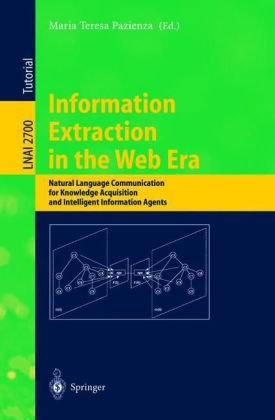

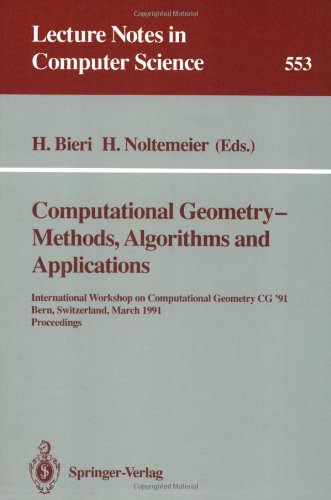
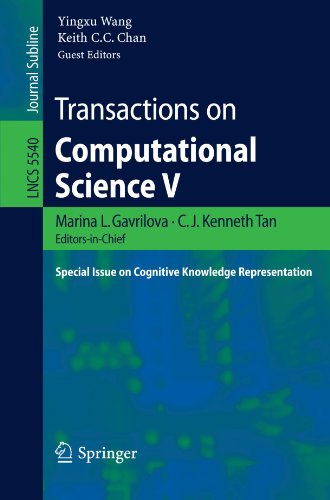
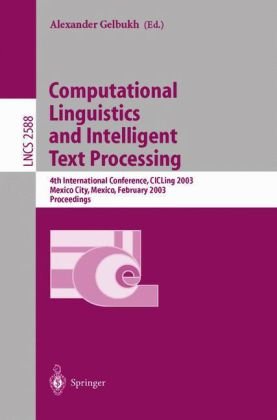
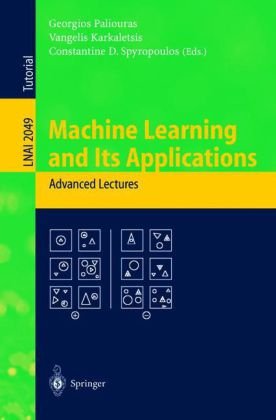
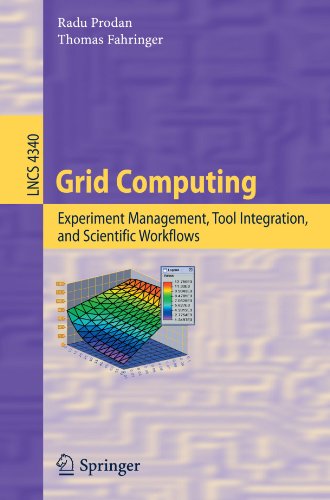
Reviews
There are no reviews yet.